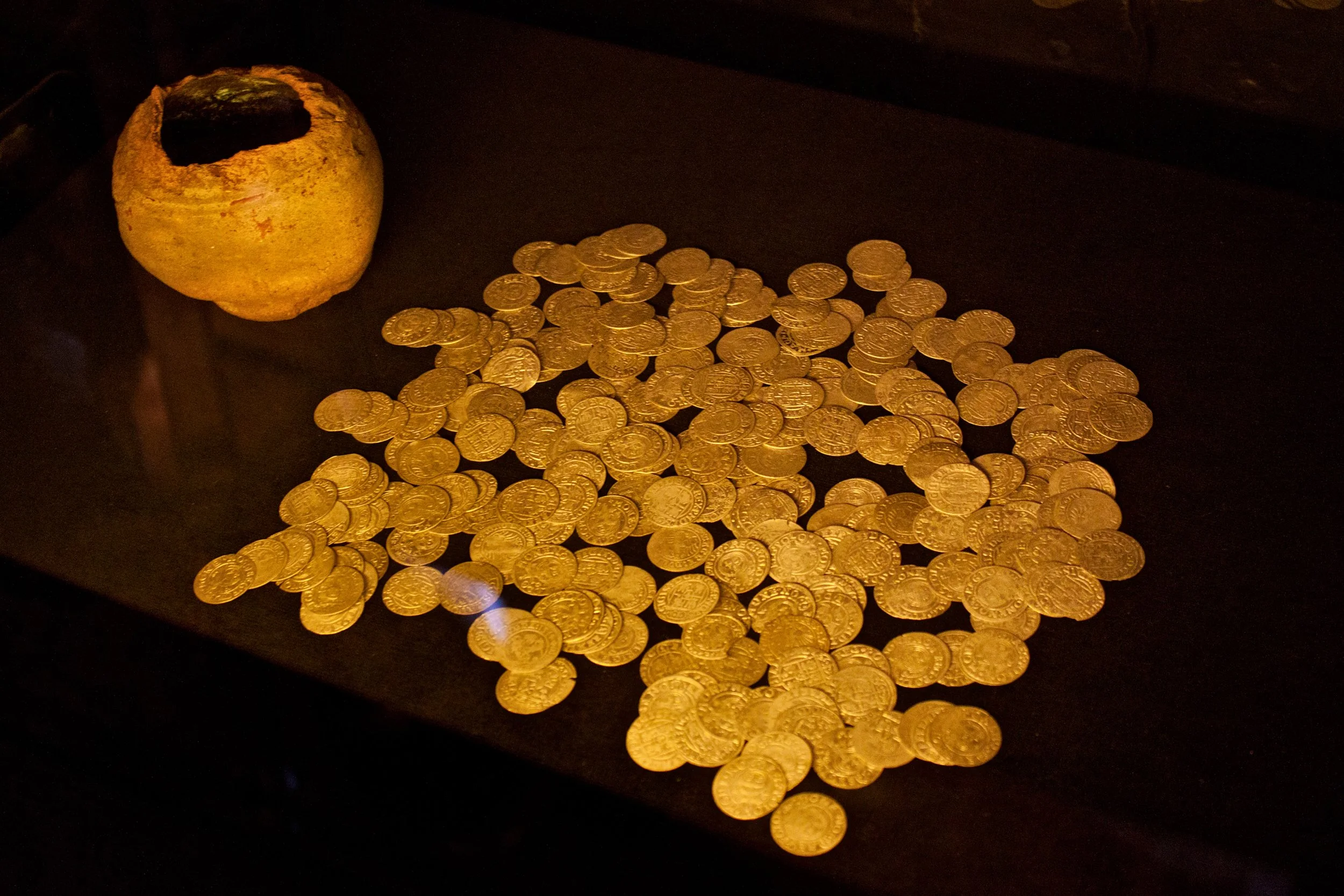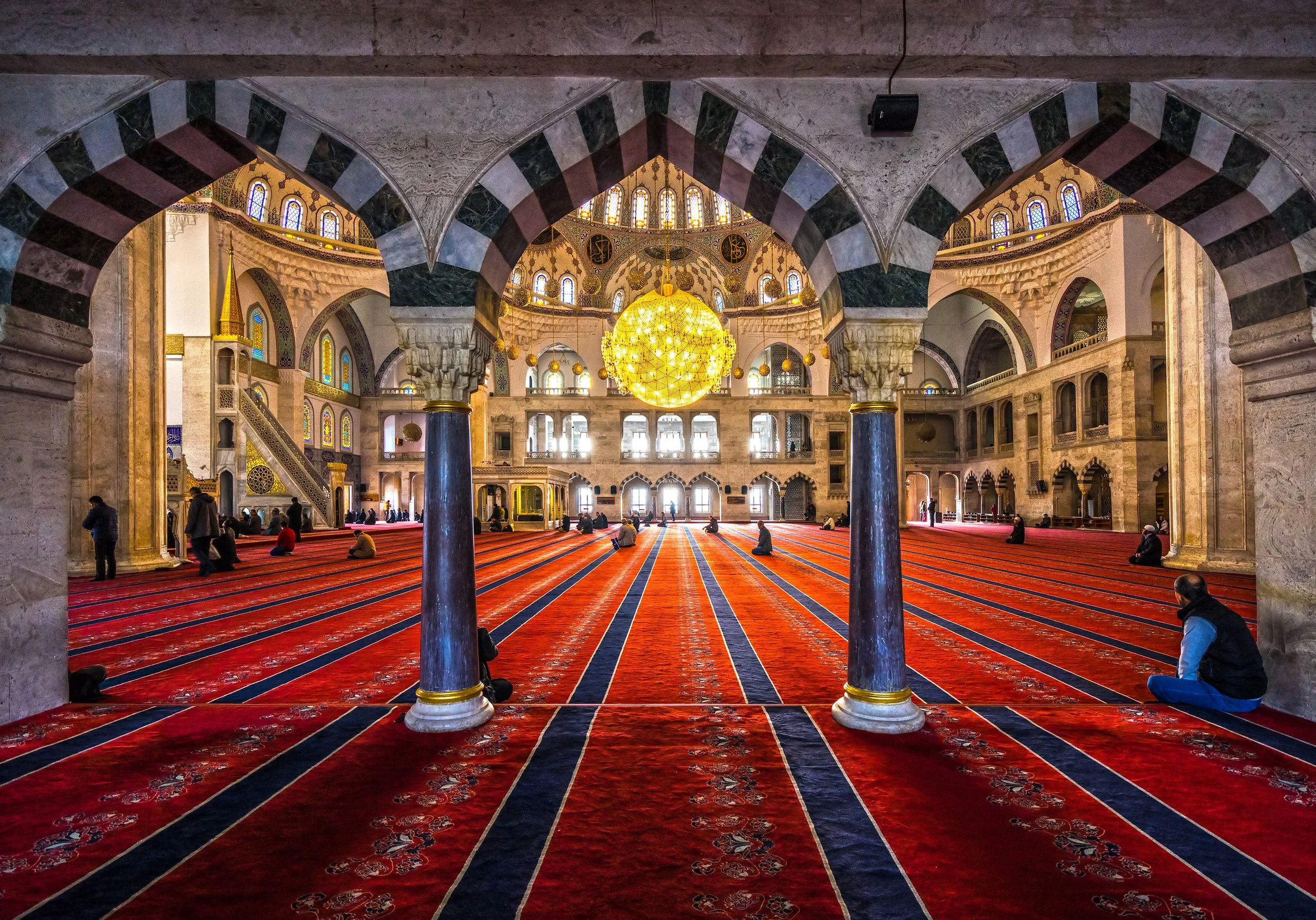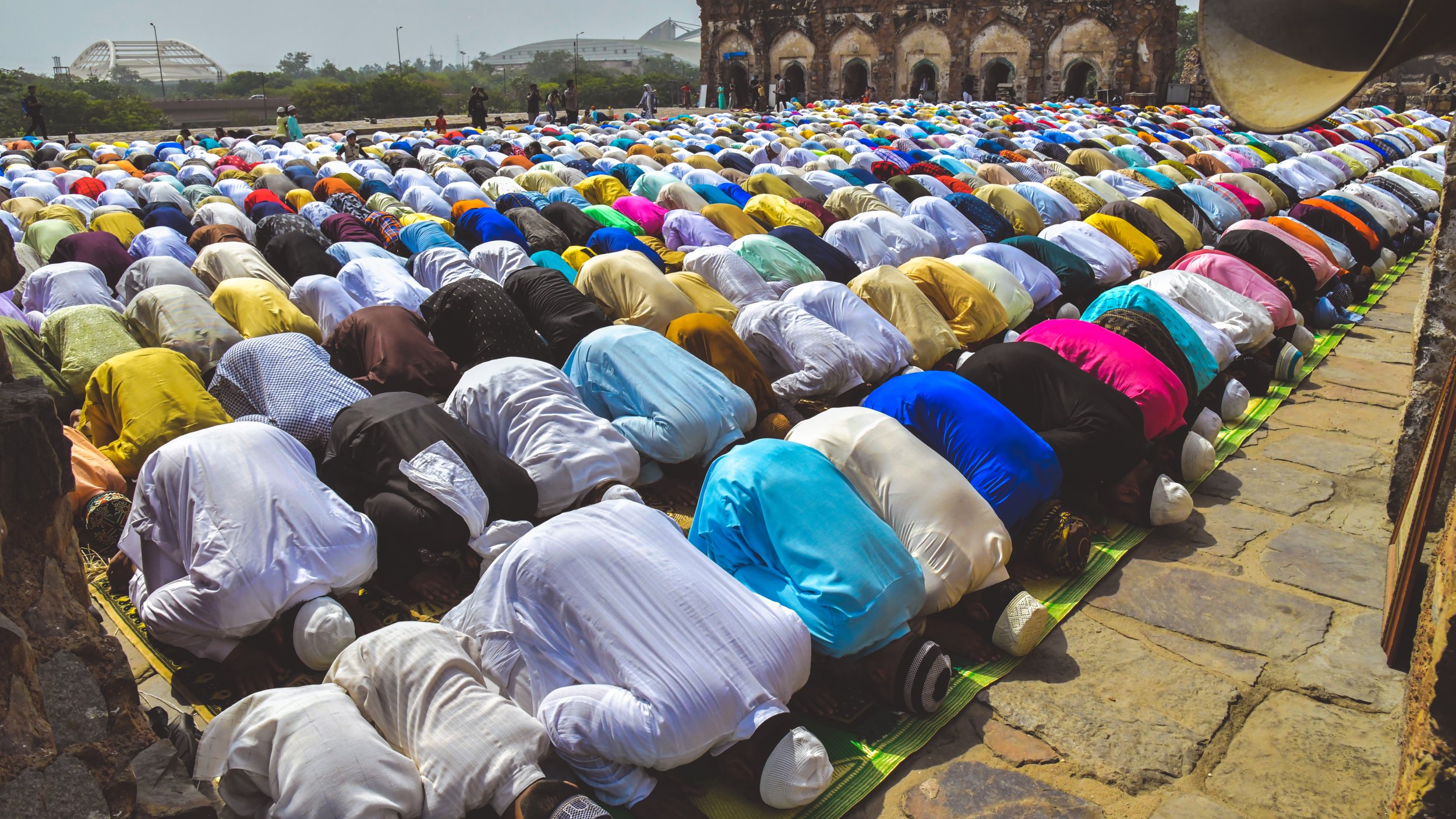O beloved!
Know that the untainted purpose of worship is to remember the Truth ﷻ, since ritual worship comprises the pillar of religion, and its purpose is divine remembrance.
In the Holy Qur’an, Allah ﷻ says:
ٱتْلُ مَآ أُوحِىَ إِلَيْكَ مِنَ ٱلْكِتَـٰبِ وَأَقِمِ ٱلصَّلَوٰةَ ۖ إِنَّ ٱلصَّلَوٰةَ تَنْهَىٰ عَنِ ٱلْفَحْشَآءِ وَٱلْمُنكَرِ ۗ وَلَذِكْرُ ٱللَّهِ أَكْبَرُ ۗ وَٱللَّهُ يَعْلَمُ مَا تَصْنَعُونَ
‘Recite what has been revealed to you of the Book and establish prayer. Indeed, [genuine] prayer should deter [one] from indecency and wickedness. The remembrance of Allah is [an] even greater [deterrent]. And Allah [fully] knows what you [all] do.’
(al-’Ankabut, 29:45)
Moreover, recitation of the Holy Qur’an counts among the most virtuous acts of worship, since it comprises the Speech of Allah ﷻ and serves as a reminder to the reciter. Indeed, the Holy Qur’an acts to revive the remembrance of the Truth ﷻ in the heart. Besides, fasting aims to rupture appetence in order to purify the heart from concerns with a particular appetite and render it a chamber of divine remembrance, since a heart preoccupied with worldly appetence can neither hope to gain such a lofty station nor undergo change through remembrance. Likewise, the purpose of the pilgrimage, which involves visitation of the House of Allah ﷻ, is to remember the Lord ﷻ of the House and to provoke a yearning in the heart by way of His ﷻ encounter.












